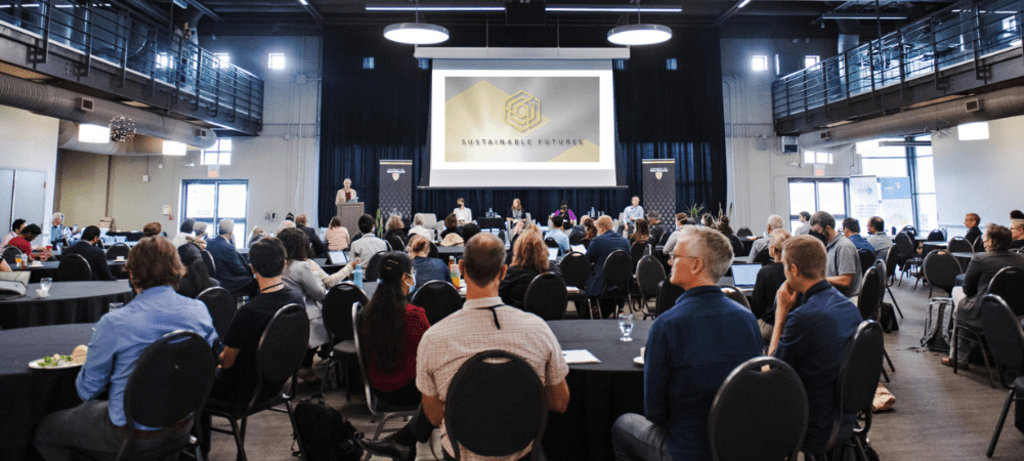Estimated reading time: 1:40
Under the banner of Waterloo’s new Sustainable Futures initiative, the Waterloo Climate Institute (WCI), Water Institute (WI), and Waterloo Institute for Sustainable Energy (WISE) are looking for emerging top scholars to work across the institutes on interdisciplinary research at the cross-section of climate change, energy and water.
Working with our executive directors, Dr. Sarah Burch, Dr. Claudio Cañizares and Dr. Roy Brouwer, and select institute researchers, the postdoctoral fellow will be interested in leading research in one or more of the following areas:
- Sustainable Futures - processes, tools, and practices for creating inclusive and holistic visions
- Sustainability transitions, including justice dimensions, sources of inertia, intersections among water, climate, and energy, and policy pathways
- Synergies and trade-offs between climate change adaptation and mitigation measures, making use of technical engineering and nature-based solutions
If you are interested in joining our team, please submit a short expression of interest along with an up-to-date CV to climateinstitute@uwaterloo.ca by November 7, 2022 at 3 p.m. ET. Top candidates will be endorsed by one or more of the executive directors of the three institutes, who will work with you to apply to the University of Waterloo's inaugural call for applications for the Provost’s Program for Interdisciplinary Postdoctoral Scholars ahead of the December 1, 2022 deadline. For highly qualified candidates, the institutes may consider providing additional funding over the amounts committed through the Provost’s Program for Interdisciplinary Postdoctoral Scholars.
Expressions of interest should include your name, citizenship, PhD degree completion date, and a brief (2000 character) summary of your proposed research and how it meets the criteria of the Provost’s Program for Interdisciplinary Postdoctoral Scholars at the University of Waterloo.
Examples of potential research topics:
- Technical, economic and political feasibility of a net-zero 2050, on campus, for Ontario or Canada as a whole
- Governing climate change - connecting local impacts and decarbonization options with regional and national policy
- Energy transitions towards hydropower: reasons for, impacts of, and solutions to long-term droughts
- Designing robust, climate-proof sustainable urban energy and water systems
- Informing the transition from a linear to a circular economy, improving resource use efficiency, accounting for resource reuse and eliminating waste and pollution
We look forward to receiving your expressions of interest.
Contact us for media inquiries to learn more about this or other climate change related stories.

